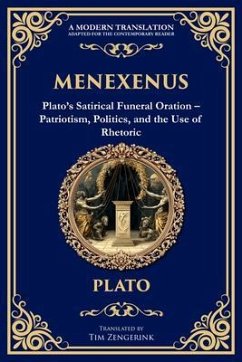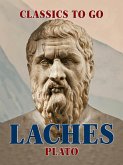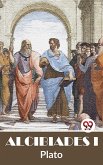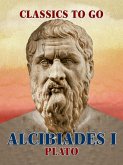What if patriotic speeches weren't just tributes-but tools for shaping power and belief?
In Menexenus, Plato delivers a rare blend of solemn tribute and biting satire through Socrates, who recites a eulogy allegedly written by Pericles' famed partner Aspasia. On the surface, it honors fallen Athenian heroes. Beneath, it dissects how civic pride and historical myth-making are wielded by those in power.
This modern translation presents one of Plato's most subversive dialogues in clear, contemporary language-unveiling its sharp commentary on politics, propaganda, and the fine line between remembrance and manipulation. Part funeral speech, part philosophical critique, Menexenus is a concise but powerful reflection on how societies define themselves through public speech.
What You'll Discover in This Modern Translation:
- A Satirical Take on Political Rhetoric - Witness Plato's ironic spin on traditional funeral orations and national pride.
- Insight into Athenian Democracy - Understand how rhetoric influenced political life and collective memory in classical Athens.
- Socrates as a Mock-Orator - Explore Socrates in a rare role, both paying tribute and questioning the tribute itself.
- A Contemporary Translation for the Modern Reader - Clear and faithful prose brings Plato's wit and wisdom to life.
- Timeless Themes of Patriotism and Propaganda - Learn how history can be glorified-or distorted-through carefully crafted speech.
If you've ever wondered how leaders shape national identity or how eloquent words can conceal deeper motives, Menexenus is Plato's answer-a brief but brilliant challenge to think beyond what is said, and ask why it is said.
Dieser Download kann aus rechtlichen Gründen nur mit Rechnungsadresse in A, D ausgeliefert werden.









